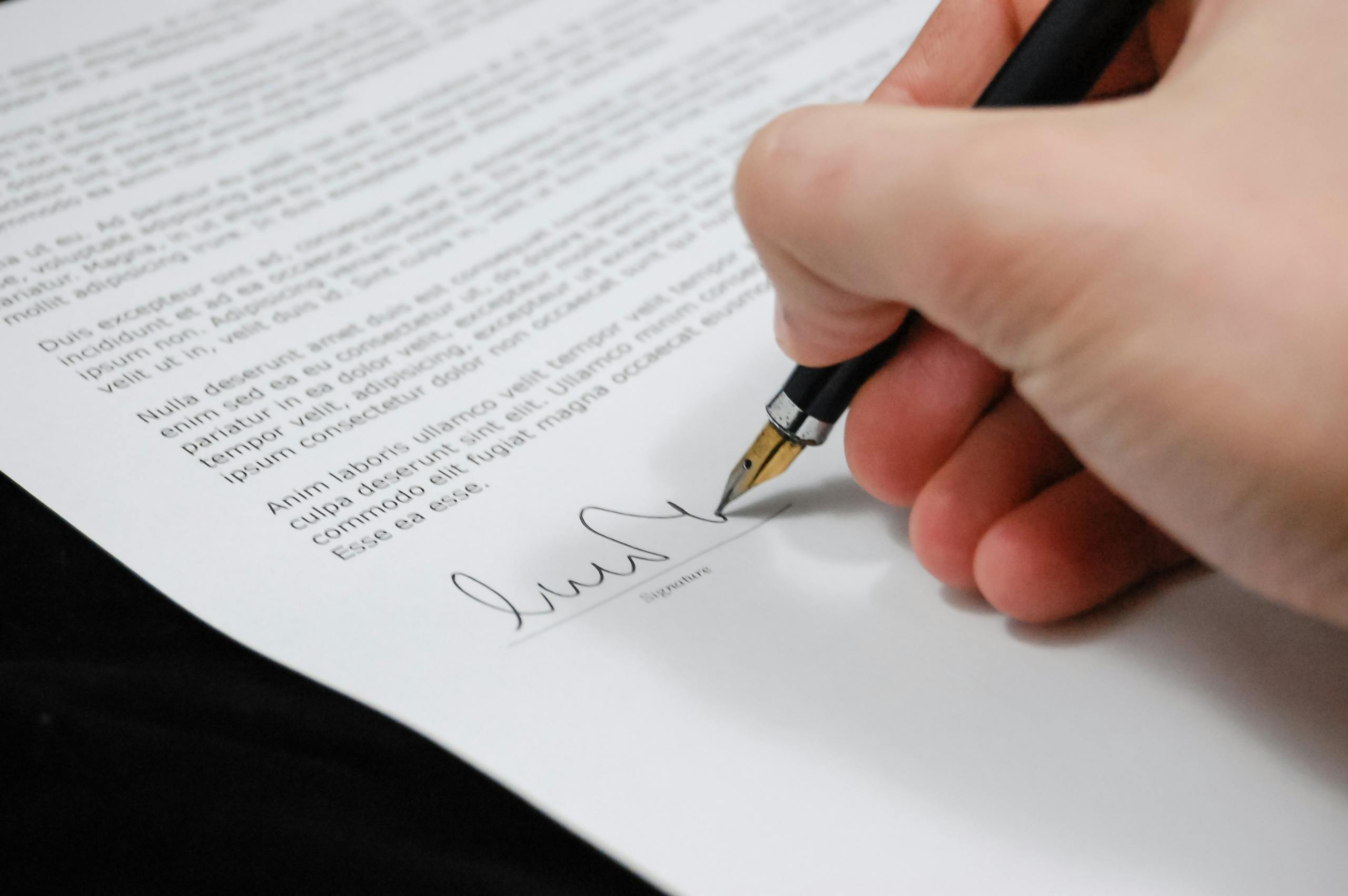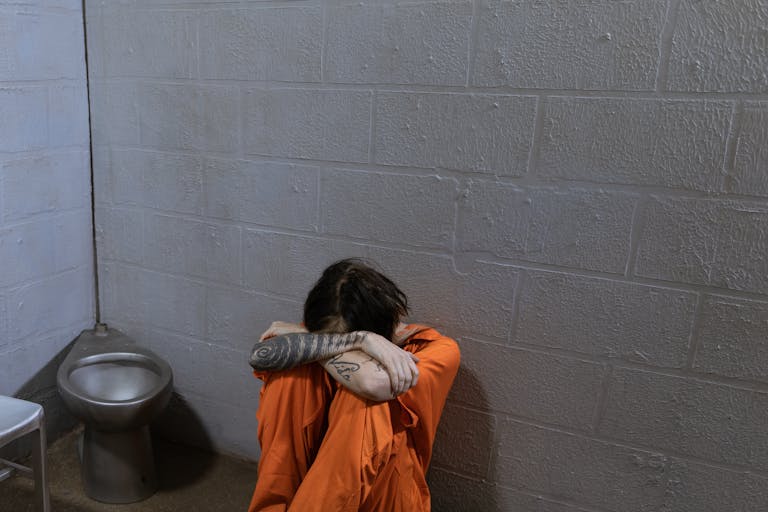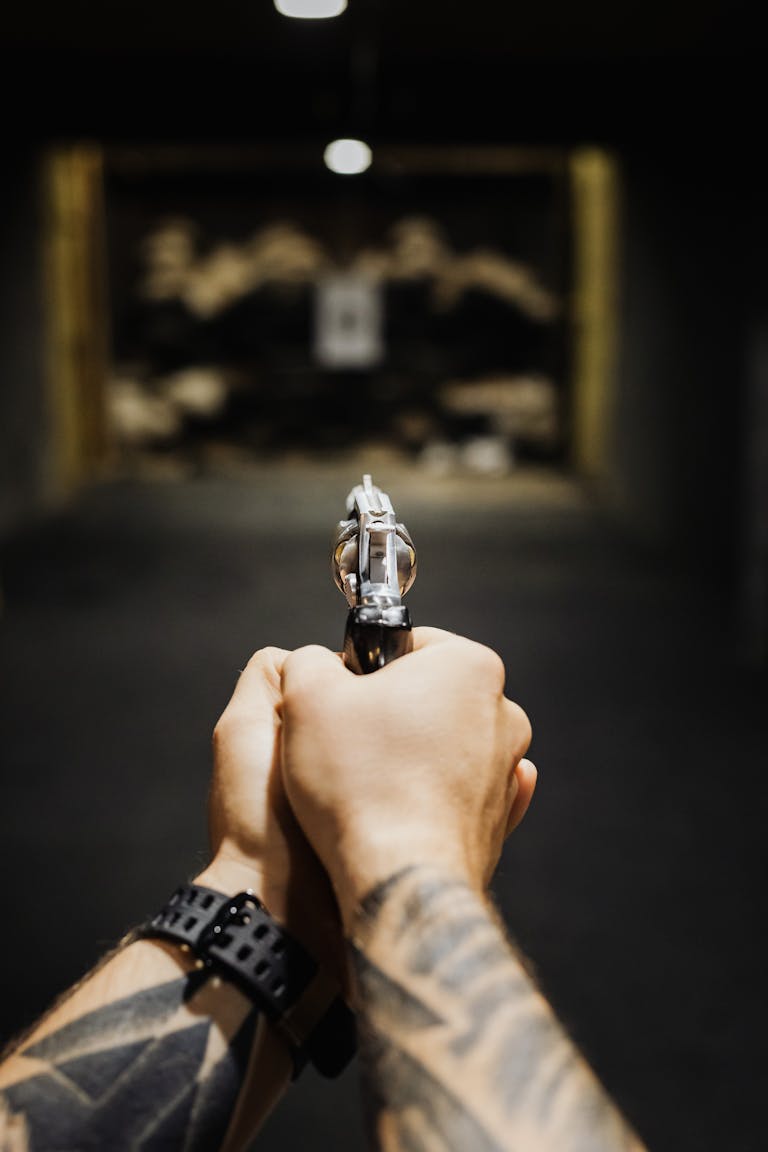Can Someone Press Charges Without Proof? Understanding the Legal Process
Discover the truth about pressing charges without proof. Learn about the legal process, consequences, and what evidence is needed in criminal cases.
Introduction: The Complexities of Criminal Accusations
In the world of criminal justice and police investigations, the question of proof looms large. But just how essential is concrete evidence when it comes to pressing charges? Before we dive into the intricacies, consider these eye-opening statistics:
- According to the Bureau of Justice Statistics, only about 50% of violent crimes are reported to the police.
- Of the crimes reported, approximately 45% lead to an arrest.
- Surprisingly, about 1 in 25 defendants in felony cases are falsely convicted.
These numbers highlight the delicate balance between justice and proof in our legal system. Let’s unravel the truth behind pressing charges and the role of evidence in a criminal case.
Can Someone Press Charges Without Proof?
The short answer is: technically, yes, but it’s complicated. Here’s what you need to know:
- Understanding “Pressing Charges”
- Individuals don’t actually “press charges” – prosecutors do
- The phrase “pressing charges” is commonly used but legally inaccurate in legal terms
- Victims or witnesses can file police reports, which may lead to charges in a criminal case
- Law enforcement agencies and prosecutors make the final decision on pursuing charges
- The Role of Available Evidence
- While charges can be filed without concrete proof, solid evidence is crucial for prosecution
- Different types of evidence presented:
- Physical evidence (e.g., DNA evidence, fingerprints, weapons)
- Testimonial evidence (eyewitness accounts, victim statements)
- Circumstantial evidence (indirect evidence that implies something occurred)
- The strength and quantity of evidence impact the likelihood of charges being filed
- Lack of evidence can lead to a criminal case being dismissed or not pursued
- Probable Cause
- Law enforcement needs probable cause to make an arrest
- Probable cause is a reasonable belief that a crime has been committed
- It’s a lower standard than “beyond a reasonable doubt” required for conviction
- Can be based on law enforcement officer observations, witness statements, or other evidence
- Prosecutors need sufficient evidence to believe they can prove guilt beyond a reasonable doubt
- The Importance of Credible Accusations
- Even without physical evidence, a credible accusation can lead to an investigation
- Credibility factors include:
- Consistency of the accuser’s story
- Reputation and potential motives of the accuser
- Corroborating details or witness testimony
- False accusations are themselves a crime (filing a false police report)
- Prosecutors consider the credibility of accusations when deciding to file charges
- Burden of Proof
- In criminal cases, the burden of proof lies with the prosecution
- They must prove guilt “beyond a reasonable doubt”
- This high standard protects against convictions based solely on accusations
- Lack of evidence makes meeting this burden challenging, if not impossible
- Investigative Process
- Accusations without proof often lead to investigations rather than immediate charges
- Investigators gather evidence to support or refute the accusation
- This process protects both the accused and the accuser
- Charges may be filed later if evidence is uncovered during the investigation
The Process of Initiating Criminal Charges
- Reporting the Various Crimes
- Contact local law enforcement
- Provide a detailed account of the incident
- Police Officer Investigation
- Officers gather evidence and statements
- Determine if there’s probable cause for an arrest
- Prosecutor’s Decision
- Review police reports and evidence
- Decide whether to file formal charges
- Grand Jury (in some cases)
- Present evidence to a grand jury
- Grand jury decides if there’s enough evidence to indict
- Formal Charges Filed
- Prosecutor files charges with the court
- The defendant is notified and arraigned
Real-World Scenarios
- The Mysterious Theft Sarah reports her laptop stolen from her office, but there are no witnesses or security cameras.
- Action: Police file a report and investigate
- Outcome: Without leads or evidence, charges are unlikely to be filed
- The Domestic Dispute John accuses his partner of assault, but there are no visible injuries or witnesses.
- Action: Police respond and separate the couple
- Outcome: Report filed, possible investigation, but charges may depend on credibility and history
- The Cyberbullying Case A teenager reports online harassment but has deleted the messages.
- Action: Police take a statement and attempt to recover digital evidence
- Outcome: Investigation proceeds, but charges depend on recoverable evidence and corroboration
What Are the Consequences of Pursuing Charges Without Proof?
Attempting to pursue criminal charges without sufficient proof can have significant consequences for all parties involved. Let’s explore the potential outcomes:
For the Accuser
- Legal Consequences
- Criminal charges for filing a false report (if knowingly false)
- Potential perjury charges if lying under oath
- Civil liability for defamation (libel or slander)
- Financial Consequences
- Legal fees if sued for defamation
- Potential civil damages if sued successfully
- Costs associated with participating in legal proceedings
- Personal Consequences
- Damage to personal reputation
- Loss of credibility in future legal matters
- Strained relationships with family, friends, or community
For the Accused
- Legal Consequences
- Stress and expense of defending against accusations
- Potential arrest and temporary detention
- A permanent record of arrest, even if not convicted
- Professional Consequences
- Job loss or suspension during the investigation
- Difficulty finding employment due to background checks
- Loss of professional licenses or certifications
- Personal Consequences
- Damage to reputation, even if exonerated
- Psychological stress and trauma
- Strained personal relationships
For the Justice System
- Resource Allocation
- Wasted police time and resources on unfounded claims
- Overburdened court systems
- Diversion of resources from legitimate cases
- Public Trust
- Erosion of public confidence in the justice system
- Potential for increased skepticism toward genuine victims
- Challenges in future jury selection due to public perception
Potential Positive Outcomes
Despite the risks, there can be positive outcomes when legitimate charges are pursued:
- Justice for Victims
- Even with limited initial evidence, investigations may uncover proof
- Encourages other victims to come forward
- Crime Deterrence
- Demonstrates that accusations are taken seriously
- May prevent future crimes by the same perpetrator
- Systemic Improvements
- Highlights areas where investigative processes can be improved
- This can lead to better evidence-collection techniques
Balancing Act
The justice system must balance:
- Protecting the rights of the accused
- Encouraging reporting of genuine crimes
- Deterring false accusations
- Efficiently allocating resources
This delicate balance underscores the importance of thorough investigations and the gathering of credible evidence before formal charges are filed.
Frequently Asked Questions
- Q: Can I go to jail for accusing someone of a crime they didn’t commit? A: Yes, making false accusations can lead to criminal charges for filing a false report or perjury.
- Q: What if I have evidence but it’s not physical (like eye witnesses)? A: Testimonial evidence, including eyewitness accounts, is valid and can be crucial in pressing charges.
- Q: How long do I have to press charges after a crime occurs? A: It depends on the crime. Each offense has a statute of limitations, ranging from 1 year for minor offenses to no limit for serious crimes like murder.
- Q: Can charges be pressed based solely on circumstantial evidence? A: Yes, prosecutors can and do file charges based on circumstantial evidence, especially if it’s strong and compelling.
- Q: What happens if I want to drop charges after they’ve been filed? A: Once charges are filed, it’s up to the prosecutor to decide whether to proceed or drop the case, not the victim.
Conclusion: Navigating the Complex World of Criminal Charges
While investigations can begin without concrete proof, the strength of evidence plays a crucial role in whether charges are filed and prosecuted.
Understanding this process empowers individuals to engage with the legal system effectively and responsibly.
If you find yourself in a situation where you’re considering reporting a crime or are facing accusations, it’s crucial to have a skilled attorney. Our partner lawyer network of experienced criminal defense attorneys can provide the expertise you need to navigate these complex waters.
Remember, the pursuit of justice is a delicate balance between protecting victims and ensuring due process for the accused. By understanding your rights and the legal process, you can contribute to a fairer and more effective justice system for all.







